Intel confirms winding down of desktop motherboard business
Firm wants to focus on NUC and tablets as the desktop era draws to a close.
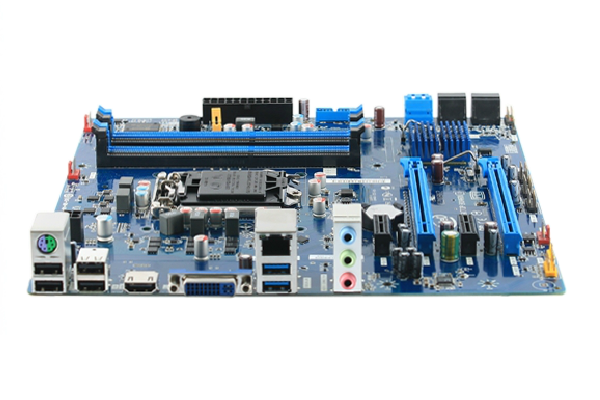
Intel will wind down its desktop motherboard operations, as it acknowledges the era of traditional desktops is nearing its end.
The world's largest chipmaker plans to exit the business in three years, as revealed by AnandTech.
Intel confirmed it will stop producing desktop motherboards after it launches its Haswell chipsets later this year.
However, Intel confirmed to IT Pro that it will continue to provide support for the hardware and honour any warranties.
It also added that production of x86 server and workstation chips will remain unaffected as they are part of a separate division.
When asked why it has chosen to exit the desktop motherboard business, Intel said it wants to focus on mobile computing, in particular its newly launched Next Level of Computing (NUC) range.
"The reason for the ramp down is to focus on critical, new areas in desktop computing. These include NUC and AIO, as well as other PC solutions such as Ultrabooks," Intel told IT Pro.
Get the ITPro daily newsletter
Sign up today and you will receive a free copy of our Future Focus 2025 report - the leading guidance on AI, cybersecurity and other IT challenges as per 700+ senior executives
Intel said it will not be laying off any staff as part of this initiative, as employees will be moved to the NUC, Ultrabook and tablet divisions.
The announcement is not completely unexpected as the firm's desktop motherboard business has been a steady income generator, but margins have been low. As sales of PCs continue to decline due to the rise of smartphones and tablets, this could be the optimal time to refocus resources in growth areas.
The announcement comes after Intel announced a year-on-year drop in quarterly revenues. Intel posted Q4 revenues of $13.5 billion, down from $13.9 billion a year earlier.
Intel also announced that it would be increasing capital expenditure to $13 billion in 2013 significantly higher than the $10 billion predicted by analysts.
-
 The Race Is On for Higher Ed to Adapt: Equity in Hyflex Learning
The Race Is On for Higher Ed to Adapt: Equity in Hyflex LearningBy ITPro
-
 Google faces 'first of its kind' class action for search ads overcharging in UK
Google faces 'first of its kind' class action for search ads overcharging in UKNews Google faces a "first of its kind" £5 billion lawsuit in the UK over accusations it has a monopoly in digital advertising that allows it to overcharge customers.
By Nicole Kobie
-
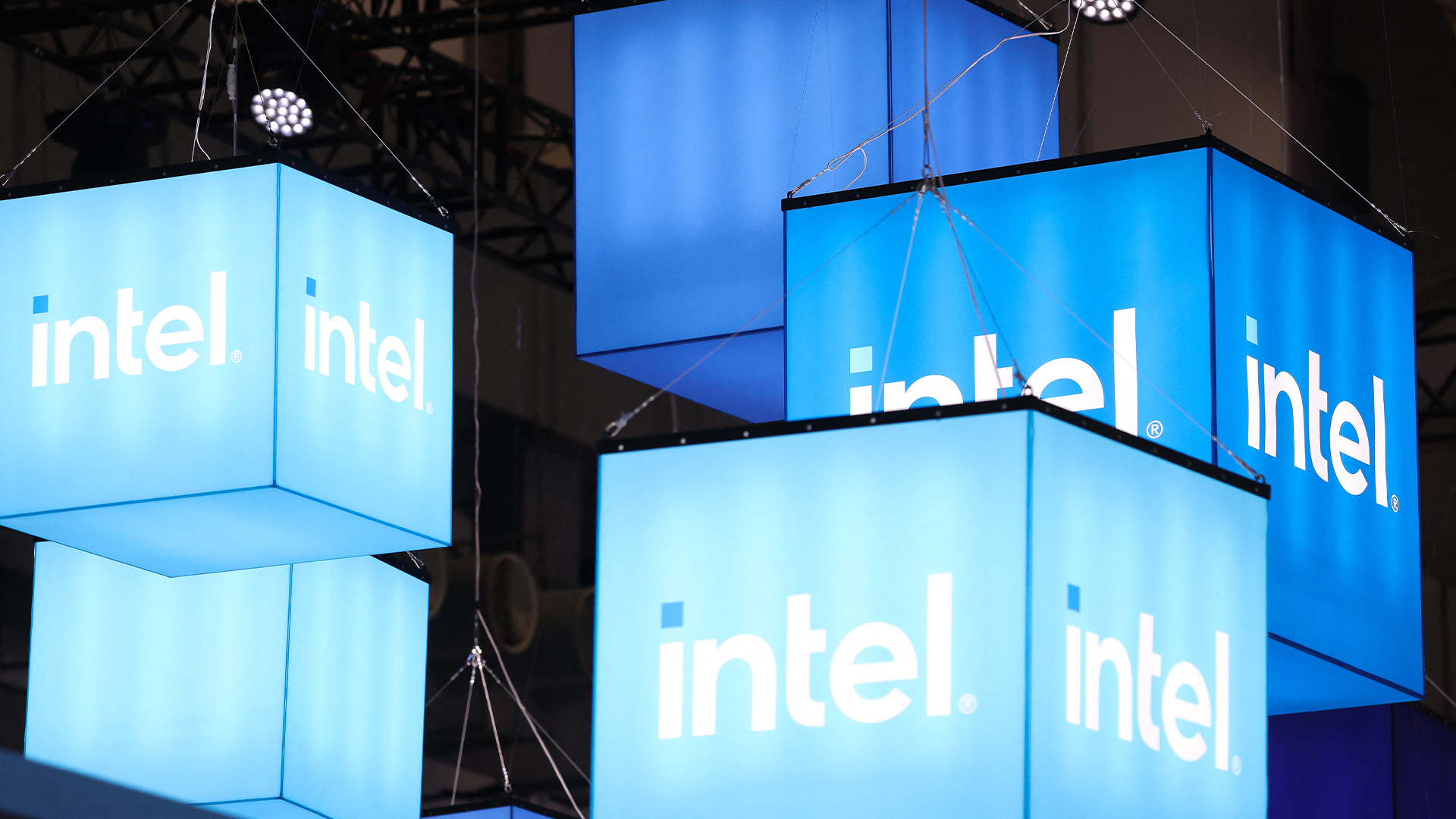 The gloves are off at Intel as new CEO plots major strategy shift
The gloves are off at Intel as new CEO plots major strategy shiftNews Intel’s incoming CEO has some big plans for the firm’s business strategy, sources familiar with the matter have told Reuters, with more job cuts looming on the horizon.
By George Fitzmaurice
-
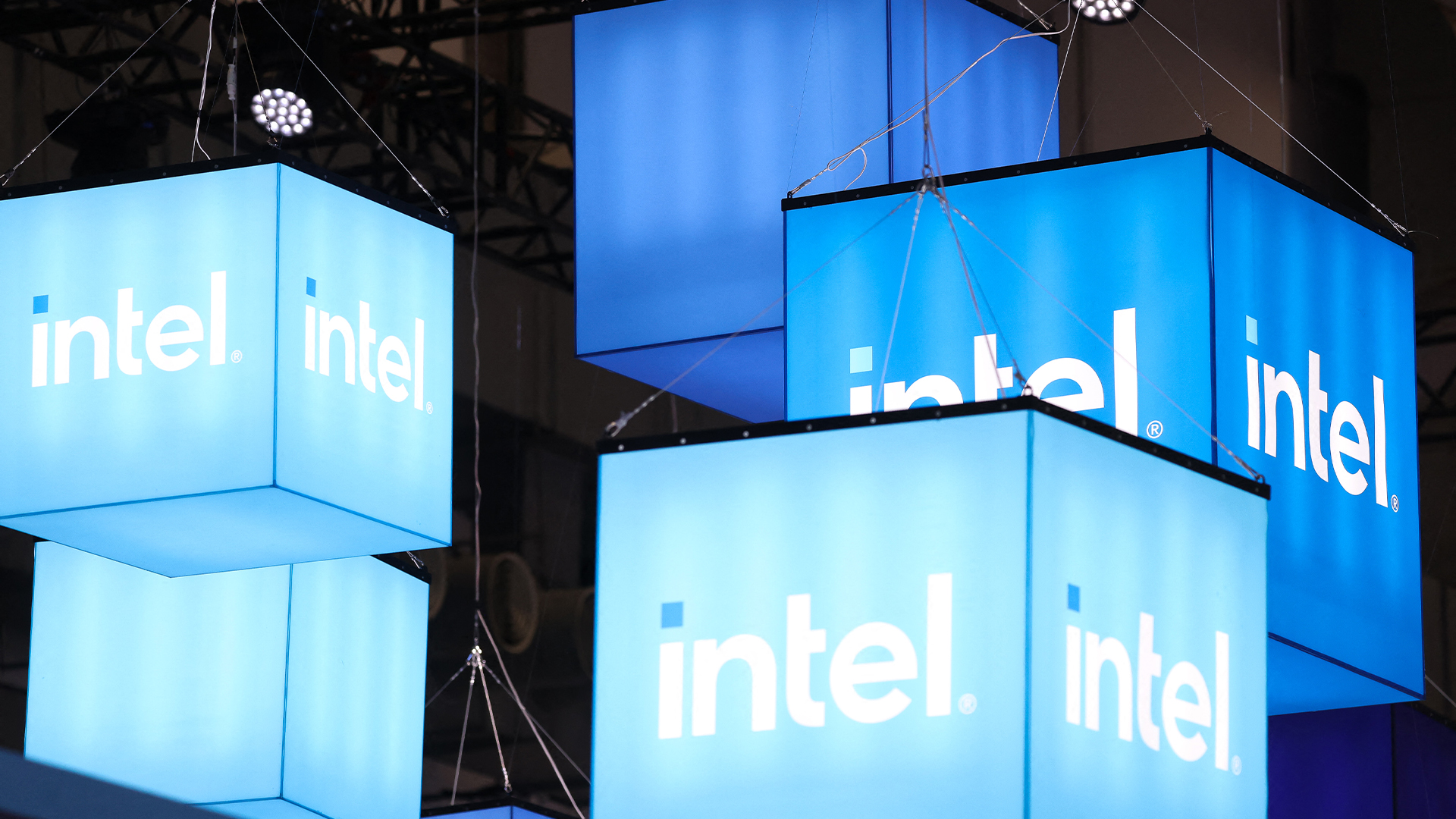 Intel just won a 15-year legal battle against EU
Intel just won a 15-year legal battle against EUNews Ruled to have engaged in anti-competitive practices back in 2009, Intel has finally succeeded in overturning a record fine
By Emma Woollacott
-
 AMD and Intel’s new x86 advisory group looks to tackle Arm, but will it succeed?
AMD and Intel’s new x86 advisory group looks to tackle Arm, but will it succeed?News The pair will look to make x86 CPU architecture more interoperable
By George Fitzmaurice
-
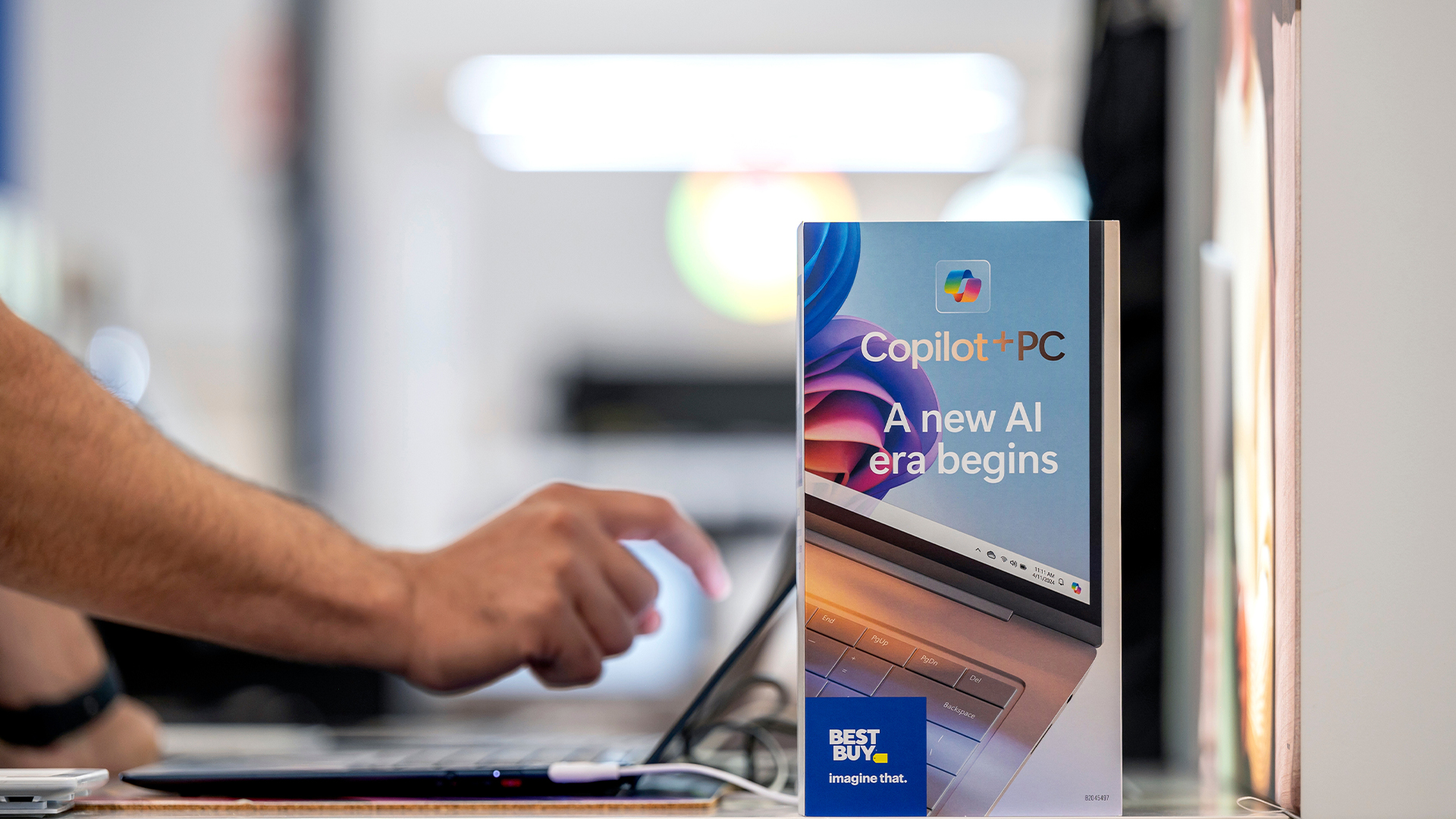 Why the world is about to be swamped with AI PCs
Why the world is about to be swamped with AI PCsNews With adoption rates set to surge, AI PCs will become far more mainstream in years to come
By Nicole Kobie
-
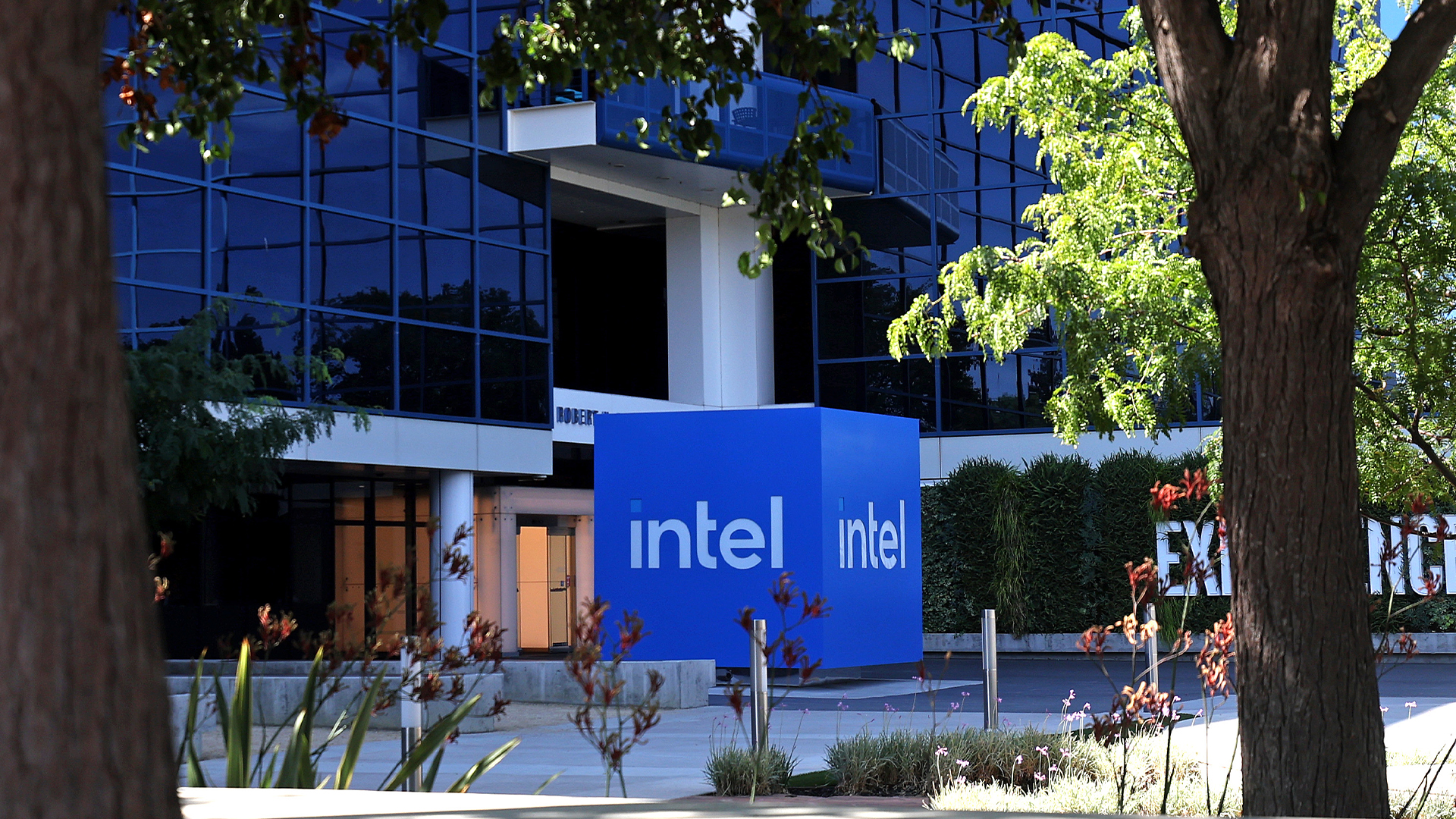 Intel needs to “get its story right” to turn things around and capitalize on the AI boom
Intel needs to “get its story right” to turn things around and capitalize on the AI boomAnalysis Intel has entered a period of uncertainty after announcing restructuring plans and a huge round of layoffs
By George Fitzmaurice
-
 How monitors deepen your employee experience and support your distributed workforce
How monitors deepen your employee experience and support your distributed workforcewhitepaper Drive business outcomes by empowering, enabling, and inspiring employees with the right monitors wherever they work from
By ITPro
-
 Forrester: Power up your hybrid workplace with monitors
Forrester: Power up your hybrid workplace with monitorswhitepaper Evolve remote work policies into work-and-learn-from-anywhere strategies
By ITPro
-
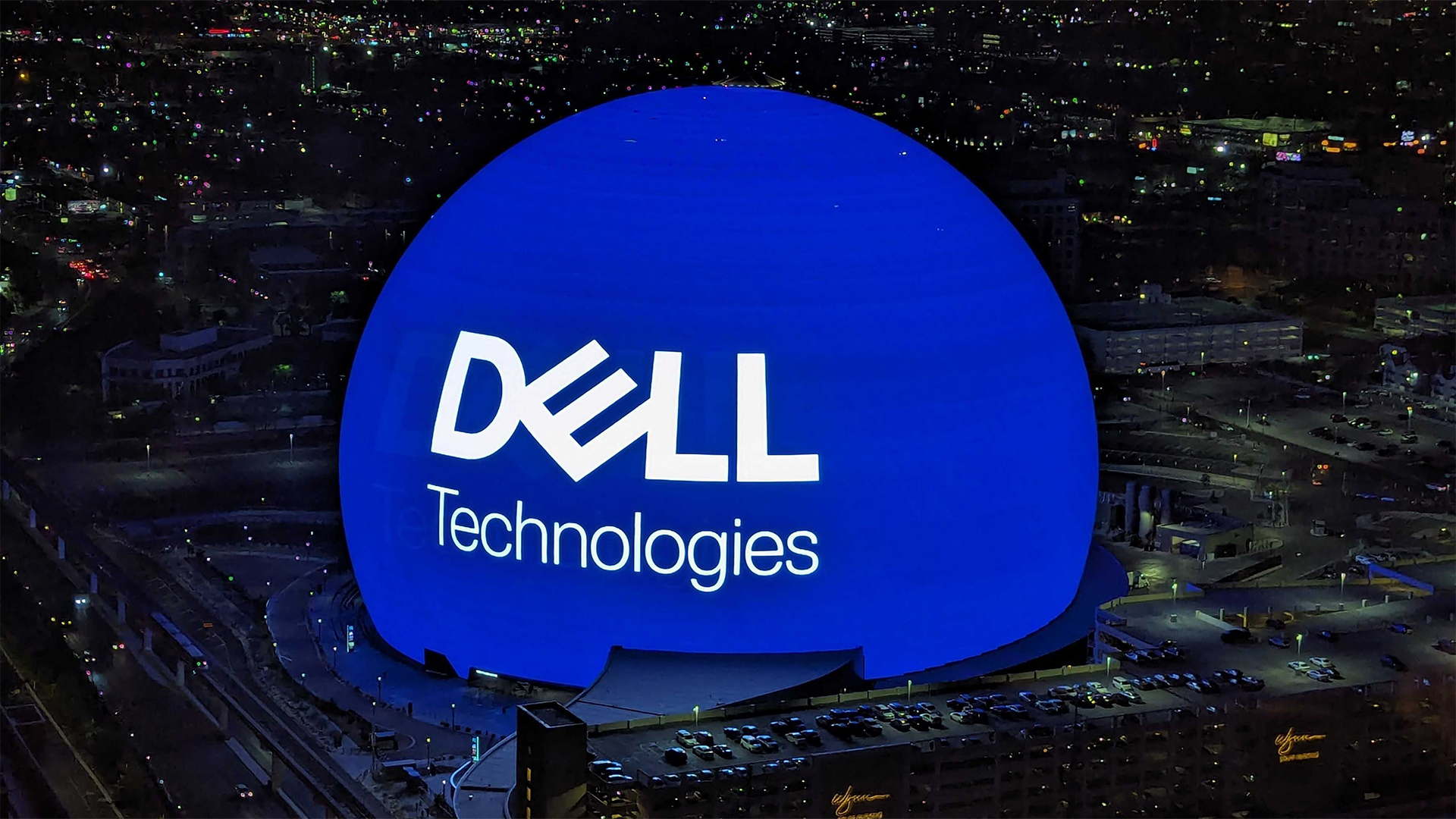 Driving employee experience and productivity across industries
Driving employee experience and productivity across industrieswhitepaper Monitors are an imperative in the hybrid era
By ITPro